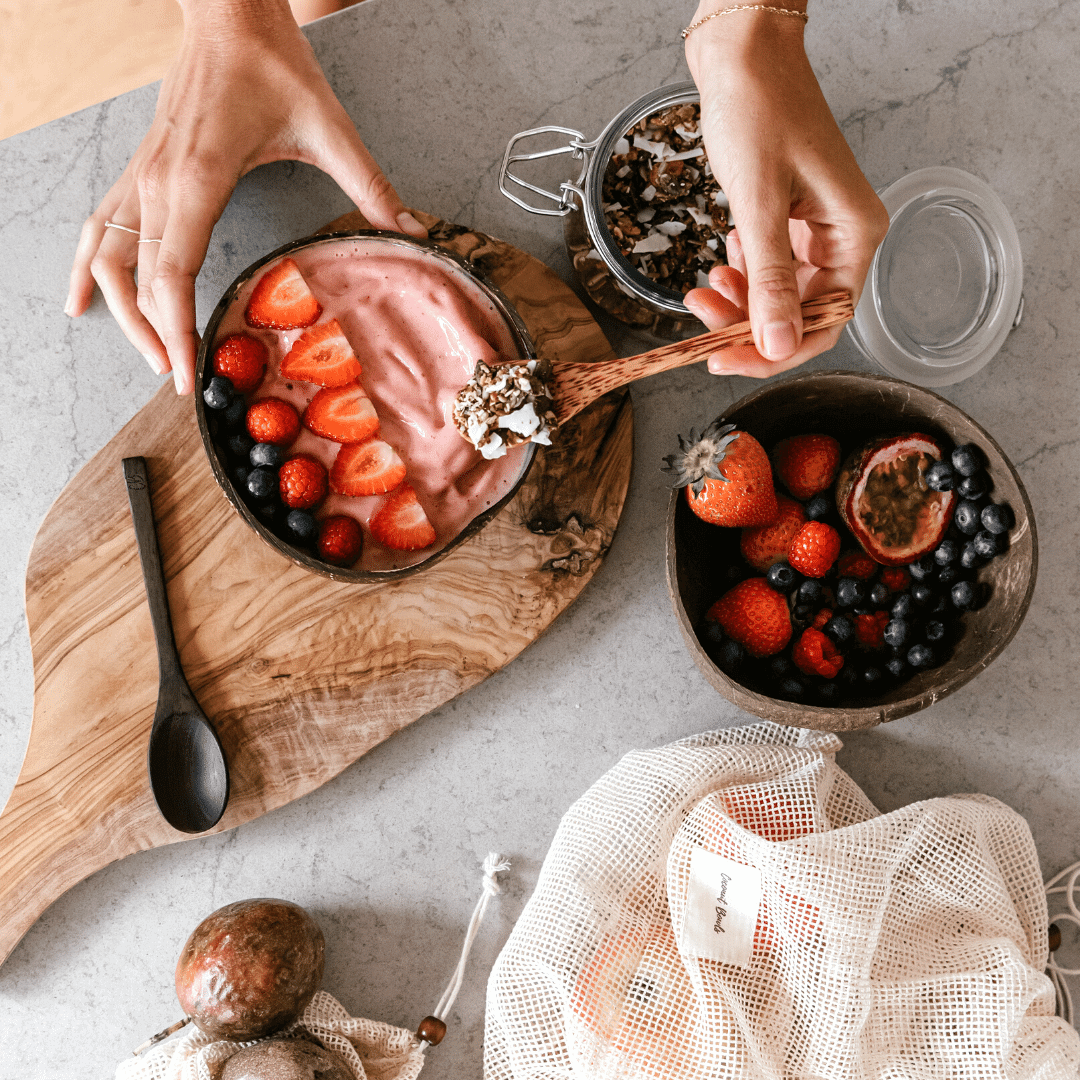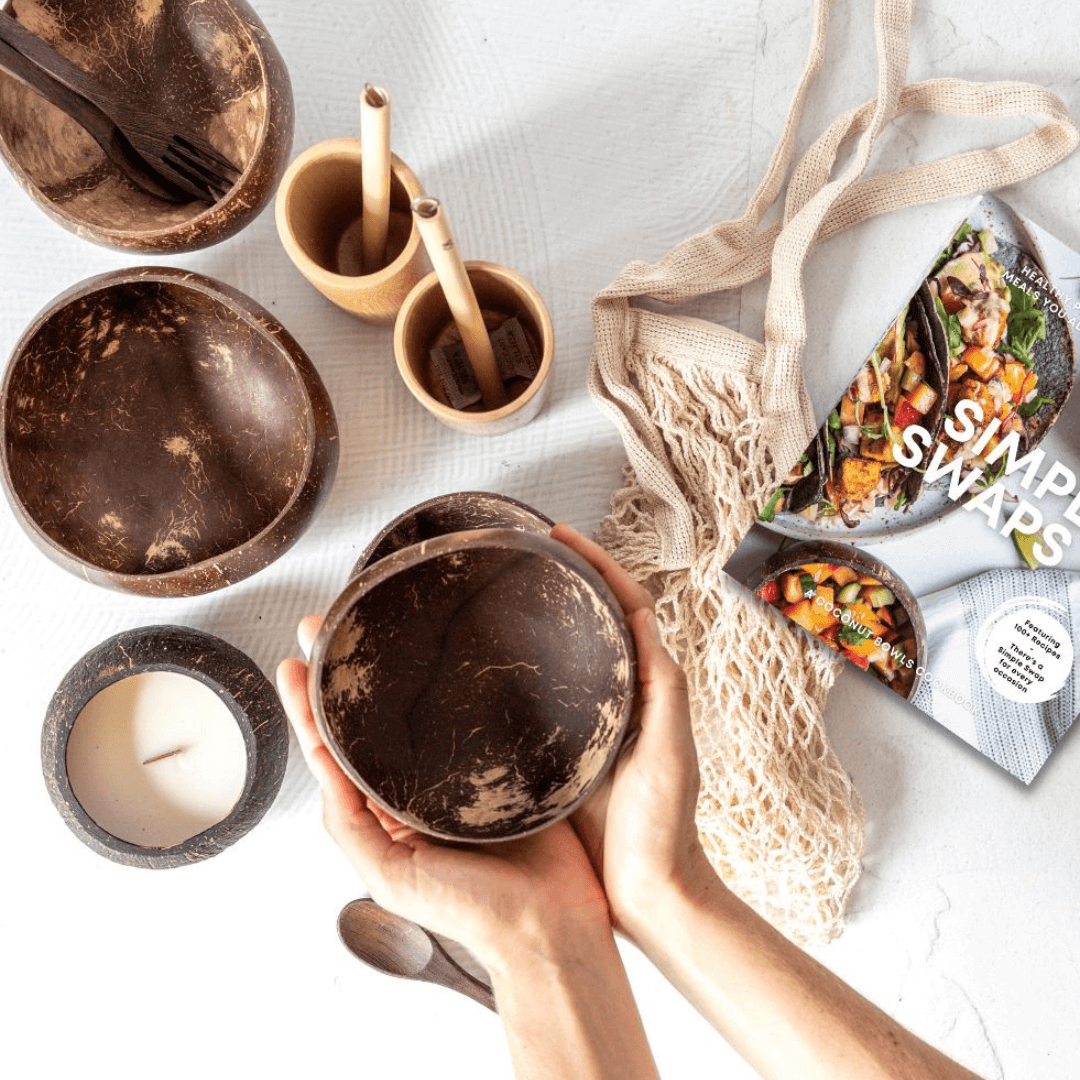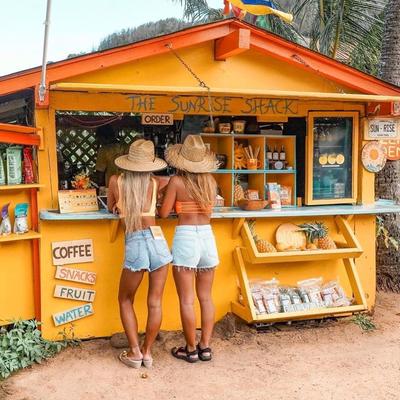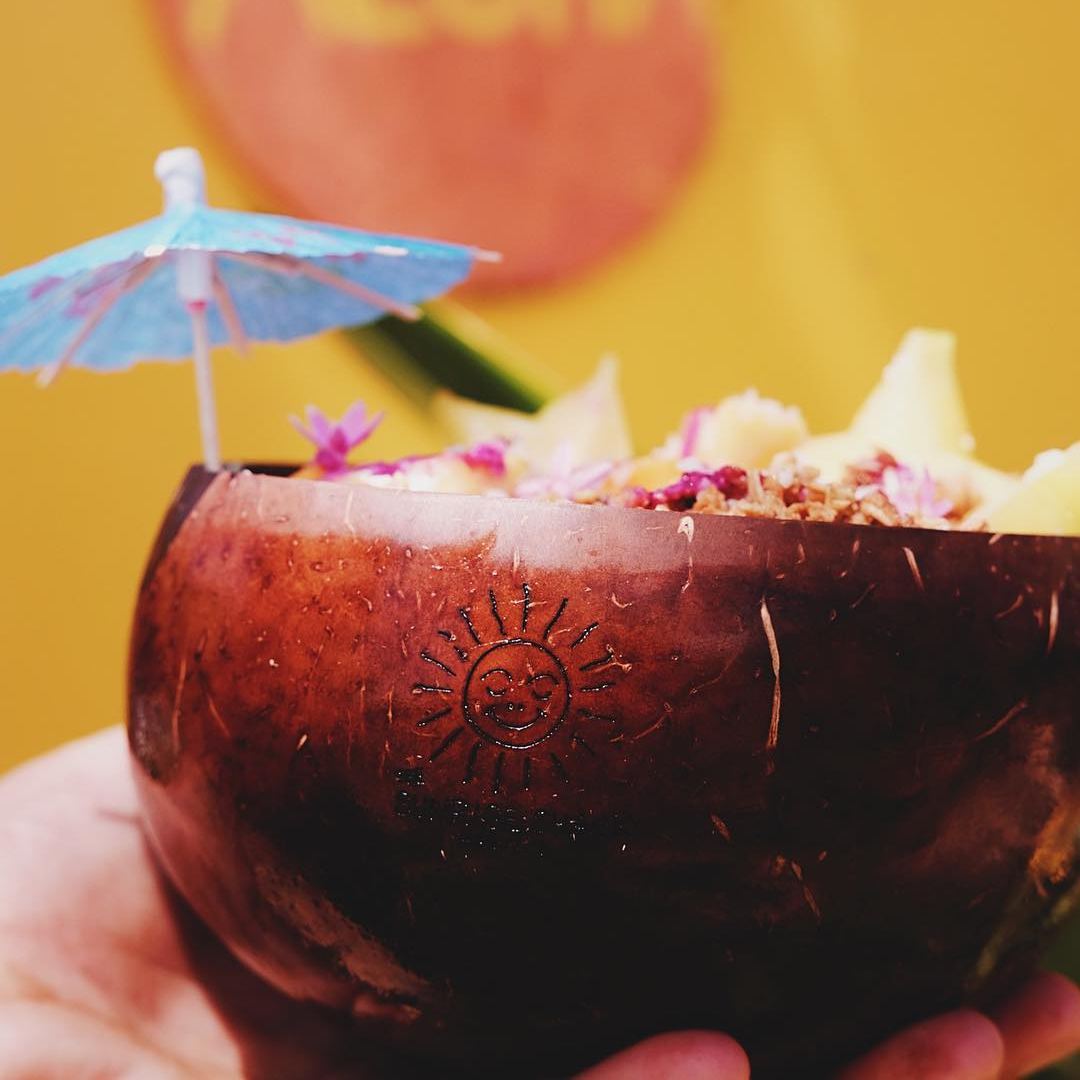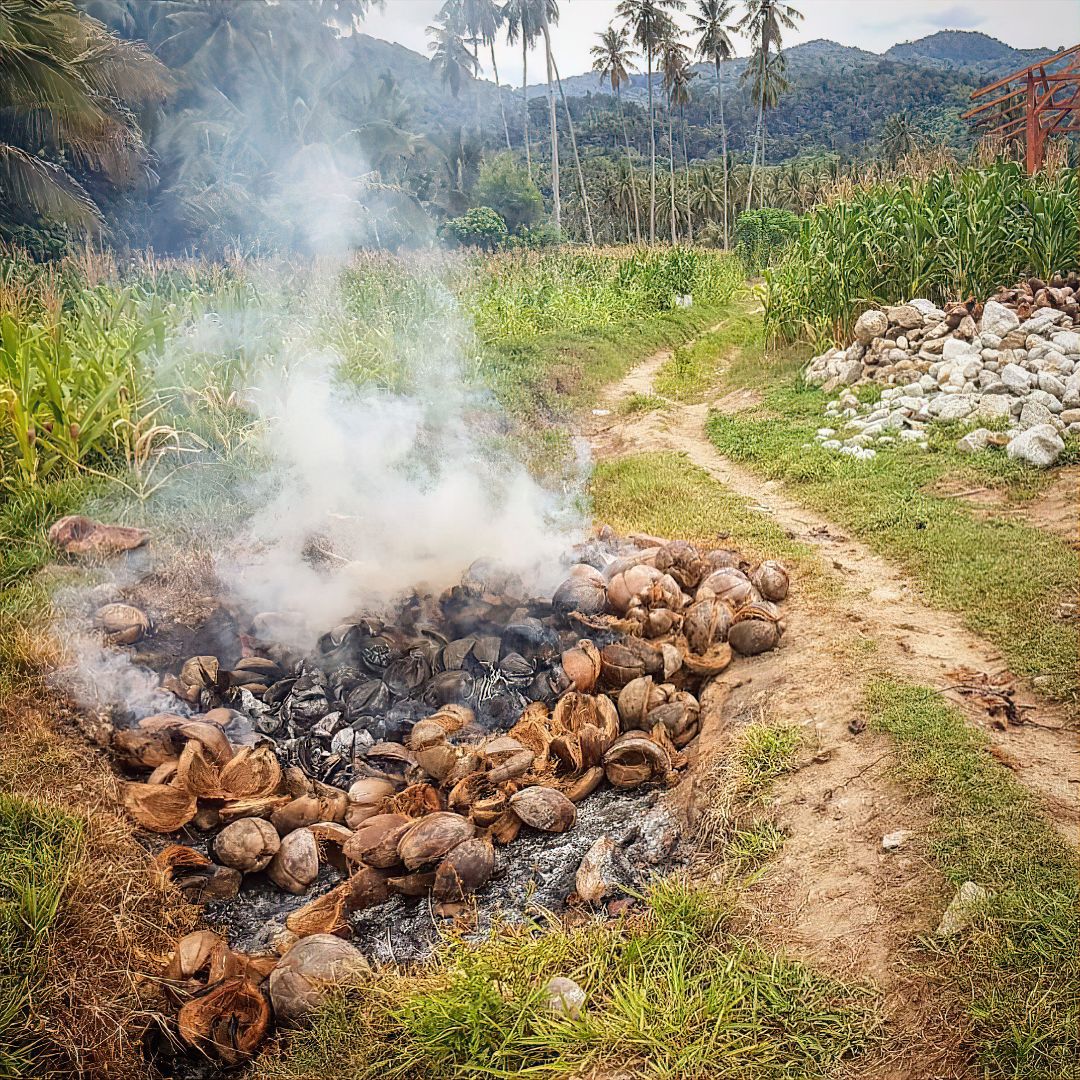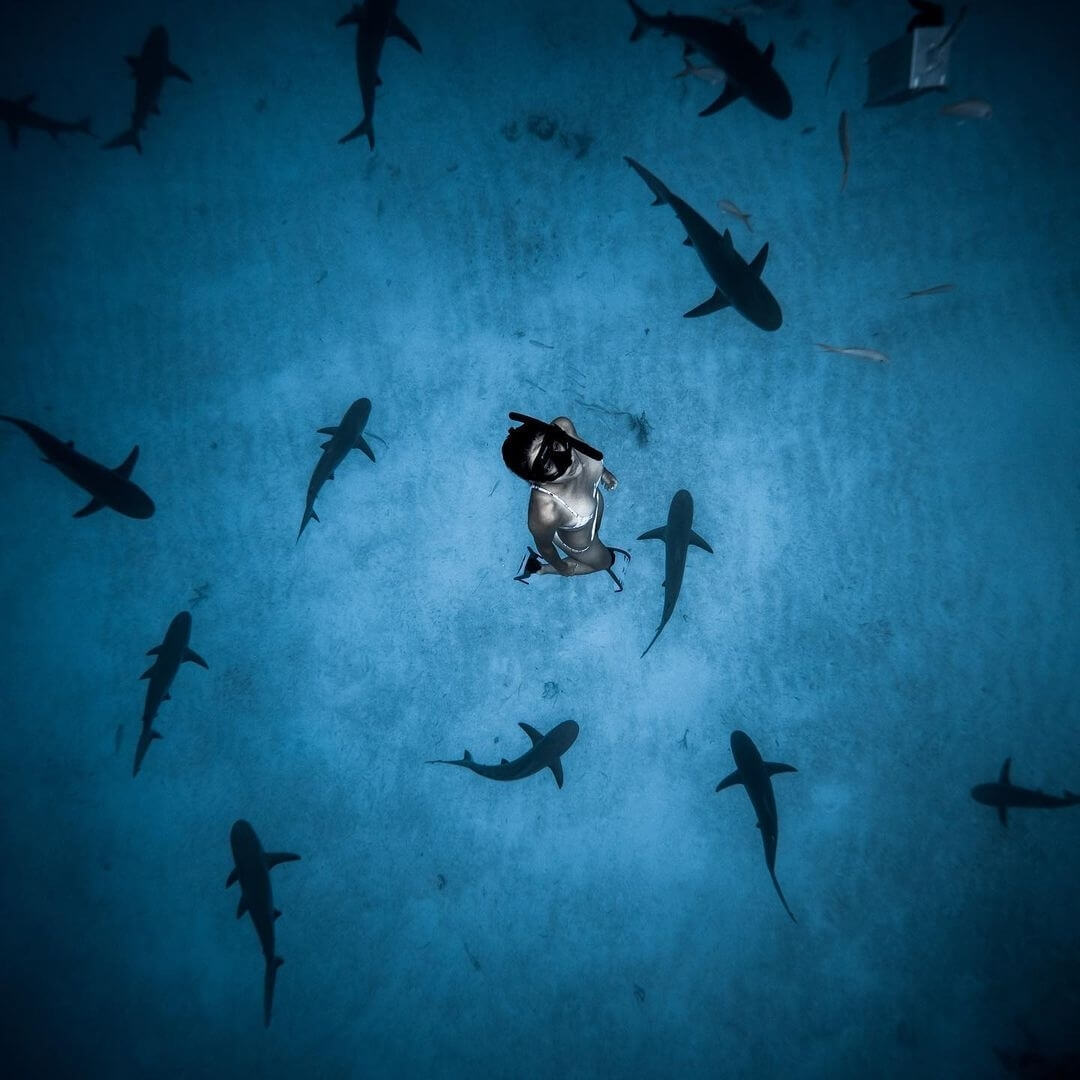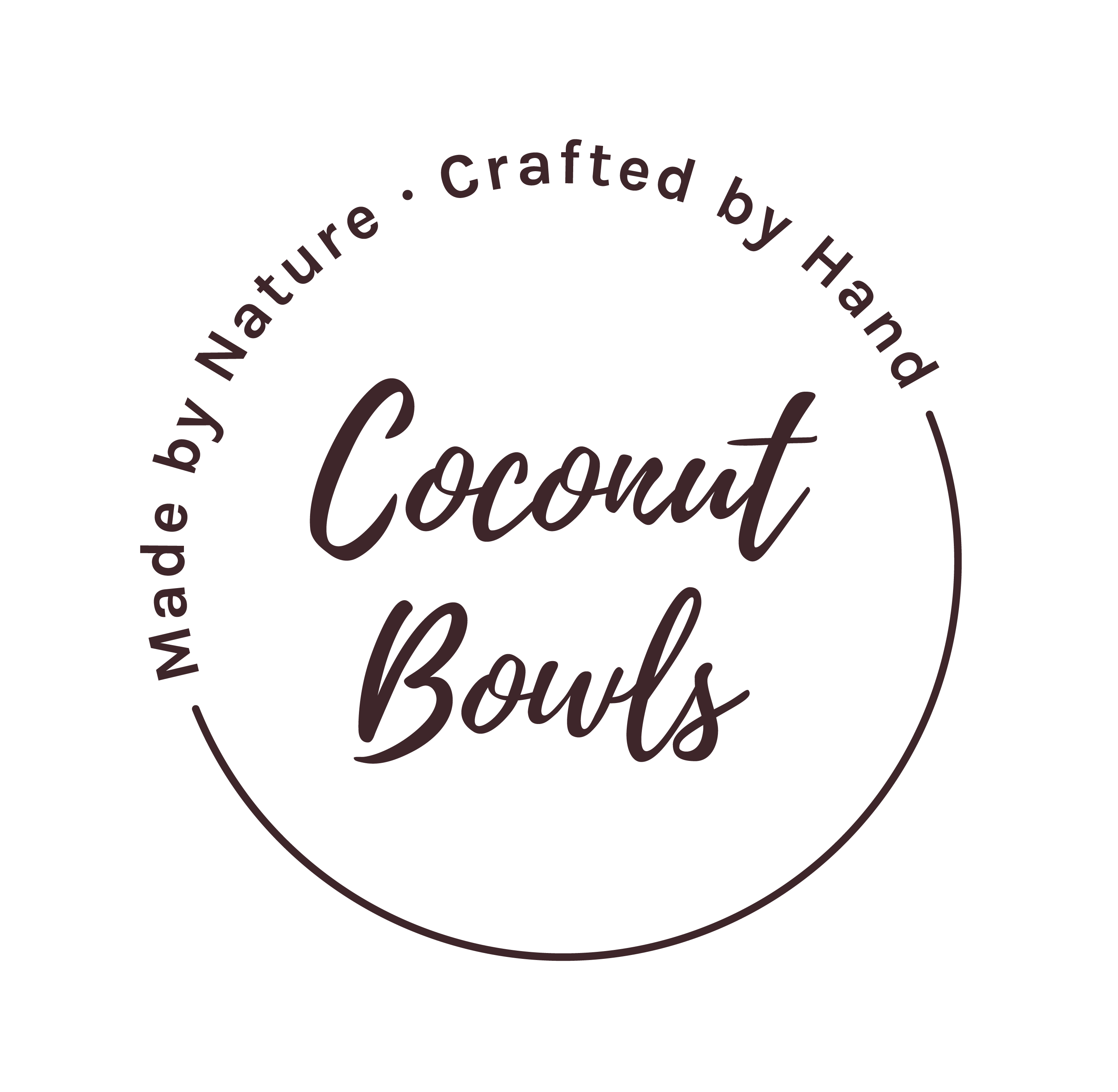"I work for sharks, they are everything to me, and my story is one of loss at the hands of environmental injustice, and I work to take back what I believe is mine, and that is a future in an ocean that has sharks."

All Images : @caraghcreative
We invite you to meet Madison Stewart, Australian filmmaker, diver and educator passionate about shark conservation, through her organisation Project Hiu.
We discuss the importance of sharks for our ecosystem, and learn ways we can help to protect them!
What inspired you to work so closely with sharks?
"I've been obsessed with sharks since I was a little girl. It wasn't until I witnessed the drastic decline of sharks I grew up diving with that I felt I had to do something to help."
Where are you currently and what project are you working on?
"I'm currently in Lombok, Indonesia. I run a project here that aims to transition shark fishermen into tourism. Replacing their income and helping sharks at the same time!"
Why do we need sharks?
"Sharks are an important part of our oceans, they play the role of keeping the ecosystem healthy. In addition to that they are our last dinosaurs and we need to respect them!"
How do we get more people to care about the survival of sharks?
"I think the biggest thing holding back people caring for sharks is fear. If people realised that sharks have more to fear from us perhaps their perception would change. It's also important for people to realise that they can have a huge impact with helping sharks, the power of an individual will be the biggest factor in the future of sharks!"
Can you share a confronting fact about the shark population?
"There are places where shark populations have declined 97%! Humans kill 100 million sharks a year and lightning strikes kill more people than sharks do!"

What are 3 lifestyle swaps that people can do to help protect sharks and in turn, our entire marine eco system and ourselves?
Let's focus on three things that can contain shark:
- Cosmetics (shark liver oil)
- Vitamins (shark cartridge)
- Seafood (shark is often sold as something else)
If you choose to eat seafood, wear makeup or take supplements... be a smart consumer and question everything!
How is Plastic Pollution and Shark Conservation connected?
"A study from the University of Exeter shows that 67% of 46 sharks analysed contained micro plastics and other man-made fibre in their digestive system. Though the impact on the sharks’ health is unknown, it's quite a shocking statistic. In addition to this you often see sharks entangled in discarded fishing nets or plastic"
Where can our community learn more about your mission and shark conservation?
"My page @projecthiu or our website www.projecthiu.com where donations made will go towards:
- Educating existing and developing generations of shark fishermen on opportunities presented by eco-tourism.
- Improving health care and living conditions through investing in regional facilities and systems.
- Funding sustainable projects that provide new income opportunities to existing fishermen and their families, this in-tern prevents the fishing and exploitation of sharks, i.e. (waste initiative, tourism)."
Alright Coco Community... has your perception of sharks changed?

